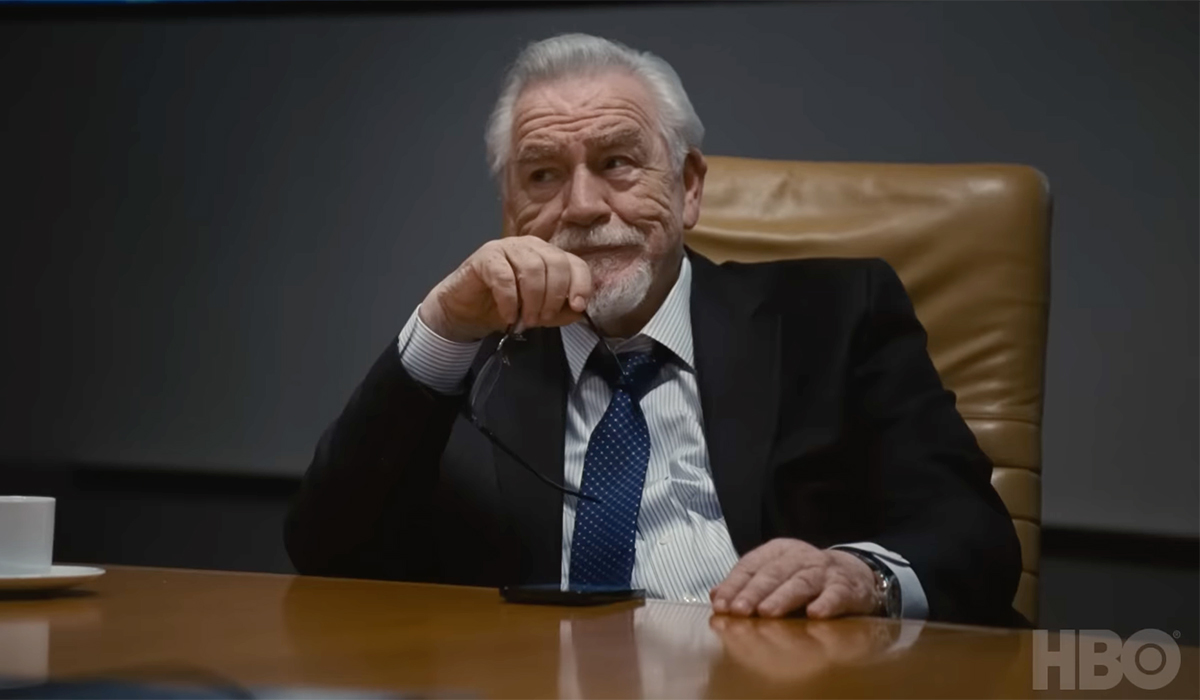


In “After Innocence,” the 1973 essay that is Pauline Kael’s most political piece of writing, she reported, “The Watergate hearings have overshadowed the movies.” She realized that the year’s films (the second-best year of a great cinema decade) had less impact than the passing political parade. Kael knew that those hearings to besmirch a president by investigating corruption were unprecedented. She saw them as the confirmation that Vietnam and civil-rights conflicts had overtaken the American spirit through protests and media-disseminated dissent.
“You could feel it,” Kael said of the nationwide discontent. Her precise assessment of anti-Nixon cynicism in ’70s media seems almost prophetic of today’s anxiety. She pointed out
the convictionless atmosphere, the absence of shared values, the brutalities taken for granted, the glorification of loser-heroes . . . the harshness of the attitudes, the abrasiveness that made you wince — until, after years of it, maybe you stopped wincing. It had become normal.
The normalization of cynicism explains how, 50 years later, Americans could tolerate the January 6 show trials. Speaker of the House Kevin McCarthy mandated release of exculpatory videotapes hidden and withheld by the J6 kangaroo court, proving that politicians and the media had deliberately misled the public. Yet the normalization of cynicism — key to the leftist media’s refusal to repent — still overwhelms the culture. How do we regain optimism after having been so thoroughly betrayed? Not even the truth, then, can easily restore trust.
This is why the overrated HBO series Succession is so appalling. It caters to disillusionment. Our deceitful media-industry complex has laid the groundwork for the cynicism and nihilism that overpower our culture, laws, and institutions.
The makers of Succession — British writer Jesse Armstrong and producers Adam McKay and Frank Rich — specialize in exactly the elitist disdain they pretend to satirize. The show’s premise — exposing the internecine conflicts of family-owned media conglomerate Waystar RoyCo — actually celebrates the very nastiness that neoliberals claim to abhor. This roman à clef series begins with the patriarch of the Roy clan, Logan (Brian Cox), urinating on a carpet (evoking The Big Lebowski, befouling us). He suggests Rupert Murdoch and family, putative conservatives thinly disguised to benefit the show-runners’ partisan enmity.
But the show’s real source is the low-grade titillation of Fox’s hot-mess black series Empire. Succession appropriates the antics of Lee Daniels’s sudser (which unleashed hoaxster Jussie Smollett), but it upgrades the “ratchet” behavior to wealthy whites for a combination of envy and disdain.
Media-savvy Armstrong, McKay, and Rich play out their own Trump Derangement Syndrome (Succession first aired the second year of Trump’s presidency), dramatizing the exasperation of the liberal corporate media. An honest show would center on the actual behind-the-scene conflicts of the angry snowflakes at leftist news networks. Instead, through true projection, Armstrong, McKay, and Rich accuse their ideological opponents.
Succession daren’t expose the bias secreted by network owners, presidents, and news directors, as revealed when former Nightline and 20/20 producer James Goldston colluded with the J6 committee to turn national politics into a TV drama disguised as political news. But that treachery is made to seem alluring through miscreant characterizations that media folk can disavow.
The political animals behind Succession — respectively, Armstrong, from the gutters of Fleet Street pseuds who concocted The Death of Stalin; McKay, from the SNL-Hollywood axis of progressive snark; and Rich, from the New York Times editorial board and the sitcom Veep — put their lived experience to dubious use on this “dramedy.” But they’re unreliable sources for media critique. Gaslighting is their modus operandi. So is intellectual pretense — that same HBO formula of middlebrow sophistication that ruined The Sopranos. Succession’s dialogue is painfully arch, as when the Latin motto In Veritate Triumpho (I triumph in the truth) on a coat of arms is variously misinterpreted as “This wine is triumphant” and “Your vagina trumpets.” A large part of the show’s acclaim derives from the log-rolling nature of politicized media congratulating its own snark — specifically Armstrong, McKay, and Rich’s attacking Fox while ignoring the perfidies of MSNBC, CNN, CBS, NBC, ABC, and PBS.
The show orients TV-watchers to the venality of media folk who are proxies for their vile political confreres — as in a Roy scion (Jeremy Strong) staging his own Chappaquiddick. Our political and ethical disillusionment never ends.
Before any of the political pundits of the time, Kael perceived that the Watergate hearings, which stemmed from Woodward and Bernstein’s mission at the Washington Post, corrupted journalistic instinct, and that self-righteousness had turned the entire news profession into a lynch mob. Even back then, Kael described the “genteel, condescending press” and “Eastern establishment prudery.” She was good at sussing out institutional hypocrisies, from Hollywood’s post-WWII communist grandstanding to feminist vanity. “After Innocence” anticipates how Succession amplifies the echo-chamber phenomenon of groupthink. And fawning reviews turn that into cultural consensus.
Kael concluded her classic analysis with a review of the Jeff Bridges–Lamont Johnson film The Last American Hero, a modest example of Watergate-era Americana. She warned, “We may never know the extent of the damage movies are doing to us.” And now we are stuck with the decidedly immodest, corrupt Succession.
The ruthless family-business competitors of Succession are no different from the monsters in Game of Thrones; this time it’s warfare among the insufferable, beastly pundit class. We have inherited the disillusionment and dishonesty started a half century ago and that media and its audiences can’t get out of. Succession mirrors our self-destruction.
